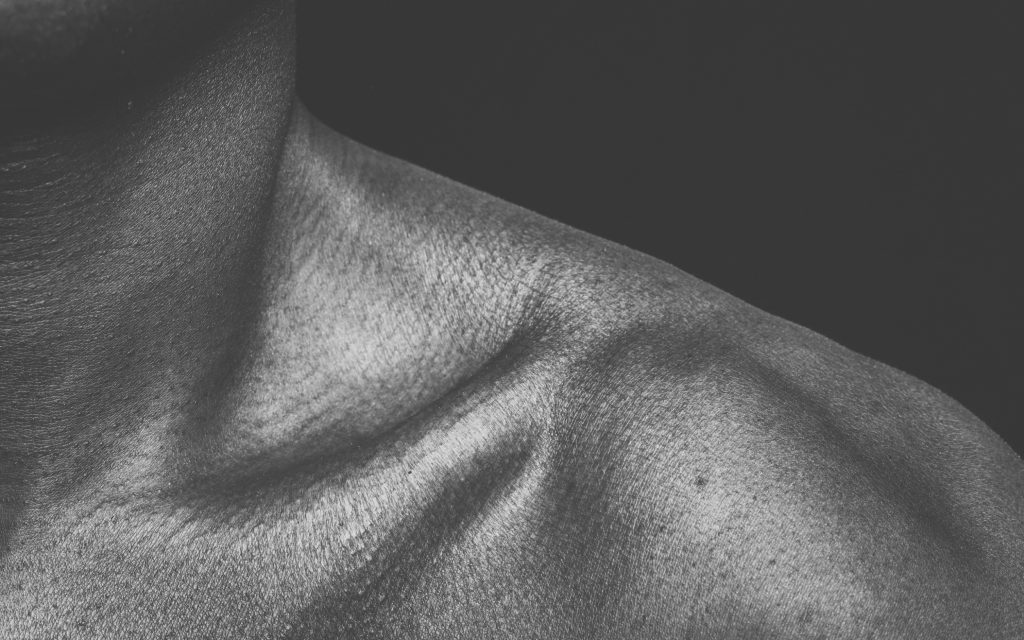Here in Australia, we’re taught from a young age just how dangerous skin cancer can be. “Slip, slop, slap, seek, slide” isn’t just a catchy phrase—it’s a way of life, and for good reason.
As the sunniest continent on earth, Australia comes with an increased risk of overexposure to UV rays, which makes skin cancer far more common. And unfortunately, that includes melanoma, the most serious form.
Melanoma is the third most common cancer in Australia and can be incredibly aggressive. It develops in skin cells called melanocytes and spreads quickly if left unchecked. The good news? It usually gives us some warning signs and they are the easiest to spot with regular skin checks. If caught early, 90% of melanomas can be cured by surgery
Why getting a regular skin cancer checkups matter
It is estimated one Australian is diagnosed with melanoma every 30 minutes. That’s a sobering statistic—and it’s exactly why regular checkups are so important.
What to expect during a skin check
A skin check is a simple, non-invasive process. An experienced GP will carefully examine your skin, checking for sunspots, unusual moles, and other suspicious lesions. They’ll look over your arms, legs, torso, scalp, and face—anywhere UV exposure might leave a mark.
Sometimes, a dermatoscope (a specialised skin microscope) is used to get a clearer look beneath the surface. This helps distinguish harmless spots from ones that may need further attention.
If the specialist does find something that doesn’t look quite right, they may elect to remove it on the spot or take a small biopsy for further testing.

Why early detection is key
When melanoma is caught early, the outlook is very positive—with a 90% five-year survival rate. But left untreated, it can become life-threatening in just a few weeks.
Here are some warning signs to keep an eye out for:
- A mole or spot that changes in size, shape, or colour
- A new spot that appears suddenly and grows quickly
- Irregular edges around a spot or mole
- Spots with multiple colours
- Any itching, bleeding, or weeping
- A raised or bulging area, especially if reddish or brownish
Who’s more at risk?
Anyone can develop skin cancer, but you may be more at risk if you have:
- Fair skin
- Red or blonde hair
- Blue or green eyes
- A history of childhood sunburns
- A high number of moles
- A family history of melanoma
How often should you check?
We recommend doing a self-check once a month, and having a professional skin check annually or as advised by your GP. You know your body best, so if something doesn’t look or feel right, don’t wait.
When self-checking:
- Look over your entire body, including your hands, feet, scalp, and back
- Use a mirror or ask a family member to help with hard-to-see areas
- Take photos of moles to track changes over time
Book your skin check in Mandurah
Living in a coastal town like Mandurah means plenty of sunshine—and while that’s part of the lifestyle we love, it also means staying sun-smart.
At Brecken Health Mandurah, our doctors are here to help you stay on top of your skin health. Whether it’s your first skin check or just time for your regular screening, we’ve got you covered.
Book an appointment with our team today and stay one step ahead of melanoma.

